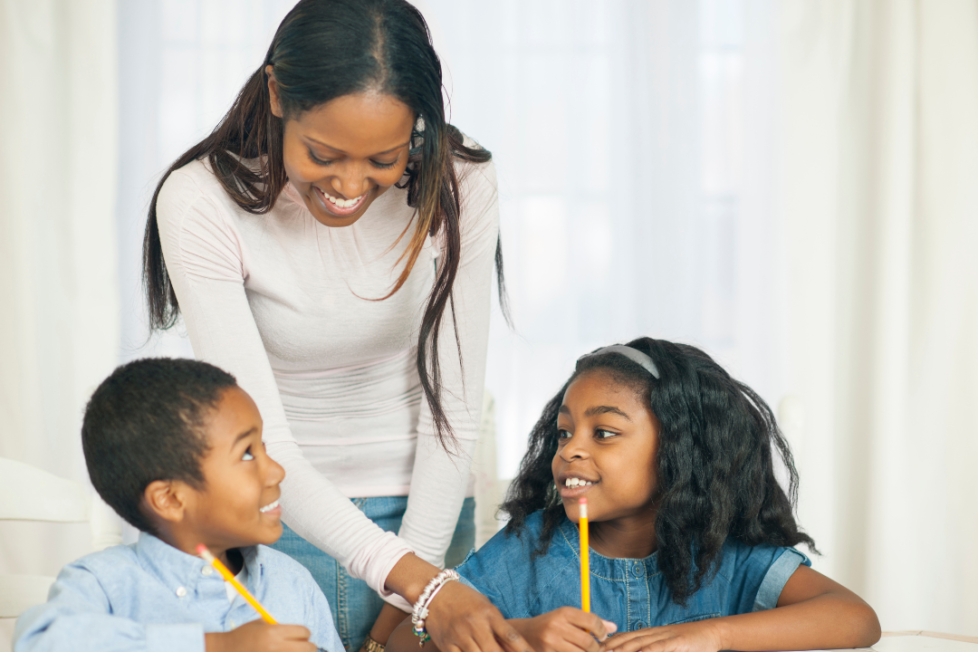Growing pains: The babies that learned despite the COVID crisis (Social Anxiety)


Part 1 of a 4-Part Series — The COVID-19 pandemic was an unprecedented shock to the fabric of our society and many parents were left grappling to find ways to educate their children. Although research has been conducted on the fallout from the global epidemic as it relates to teens and early childhood, not much has been conducted on the children who were toddlers when the pandemic started and are now entering Kindergarten. That would mean that if a child was two or three when the pandemic started that child would now be entering Kindergarten.
These little ones were at home with their parents with little to no interaction with the outside world for two or more years. his limited interaction caused a variety of educational and behavioral delays including severe social anxieties. As a mother with a 5-year-old in daycare before the pandemic started, I can recall multiple incidents after the quarantine was lifted where my son exhibited these behaviors.
Starting kindergarten is supposed to be an exciting time for children and their parents, but with the looming stresses of my son’s social anxiety playing out in our day-to-day lives I feared leaving him at school for 8 hrs a day.
The information provided by our pediatrician targeted tweens and teens and lacked information on early childhood education. After trying to find resources I quickly realized that I was not alone.
In a 2020 survey of 1,000 parents around the country facilitated by the Ann & Robert H. Lurie Children’s Hospital of Chicago, 71% of parents said the pandemic had taken a toll on their child’s mental health, and 69% said the pandemic was the worst thing to happen to their child.
As a parent, it is your job to advocate for your child and that’s exactly what I did. To combat my son’s social anxiety and school readiness setback I sought online programs to help guide me. I was fortunate to afford a subscription-based program called Little Otter.
For those who may not have the finances, programs like The Check-In Project are available online for those who can’t afford mental health care. These programs are especially important for those in low-income areas and communities with a high population of people of color, where mental health is stigmatized.
There is also free internet assistance through the Verizon Forward program and the Comcast Essentials program so that you can have access to these online resources.
I chose the Origins Curriculum tuition-based online school, but there are additional free programs run by the state such as Connections Academy. Surprisingly, YouTube has educational channels with certified teachers who have left the school system and create weekly lesson plans on their YouTube channels. My favorite is Circle Time With Ms. Monica, she drops new content every day and teaches everything that your child should know before entering first grade.
Navigating the various systems isn’t easy but it is worth it to know that your child will be prepared for the next phase in their educational journey. Figuring out how to find what was best for my child in a post-Covid world took a lot of time, which is why I wanted to share what worked for me with our Bayou Beat readers.
I will be dropping more information each week throughout the month of December during our COVID education series. If there is a topic that you would like us to research email us at info@bayoubeatnews.com
